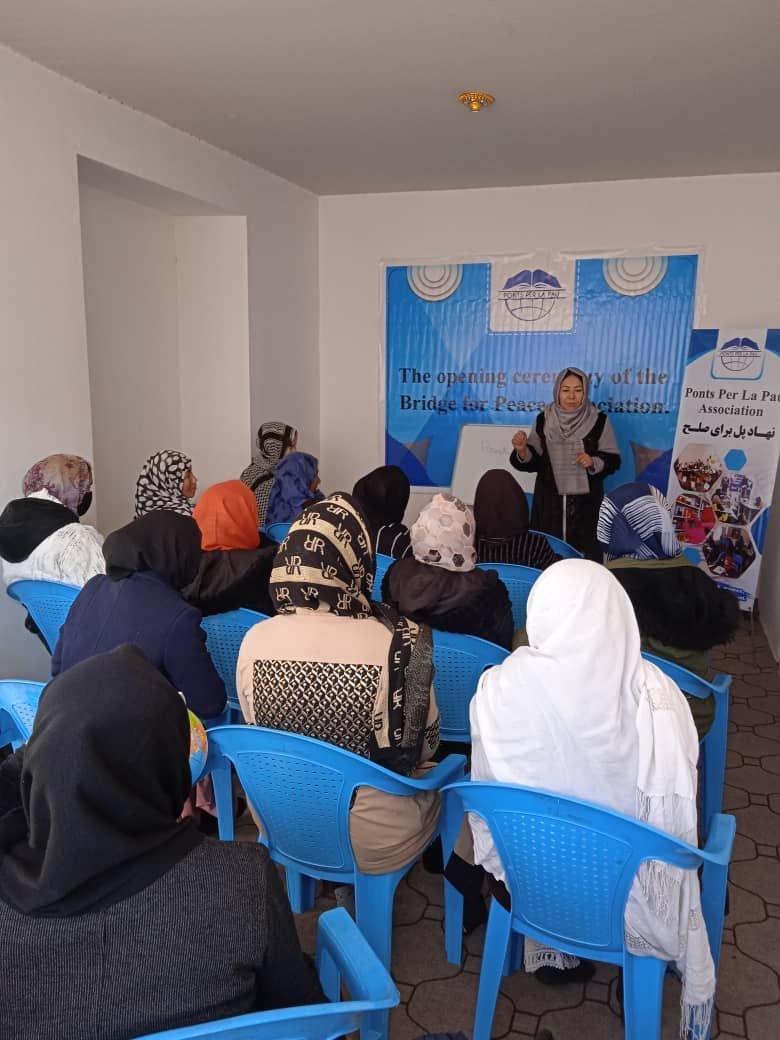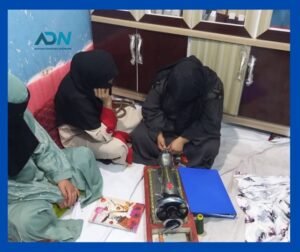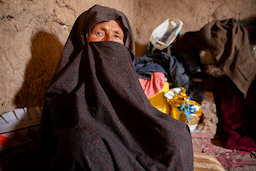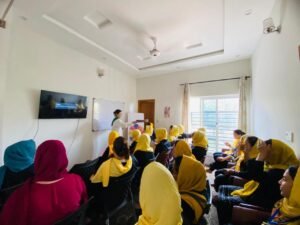Afghanistan: Four Years Living Inside an Invisible Prison

By Nadia Ghulam
I was born in Kabul, Afghanistan, and I carry within me the stories, dreams, and struggles of millions of Afghan women. Four years ago, when the Taliban returned to power, life as we knew it collapsed. It felt as if the country had been locked inside an invisible prison — one without walls, but with chains far stronger than steel.
Today, for millions of Afghan women, homes have become cells, streets are forbidden, and schools are distant dreams. An entire generation has been pushed out of public life and erased from their own future.
A recent UN report confirms what many women face every single day: the Taliban have tightened control even further. Women are now forbidden from entering markets or using public transportation without a mahrem — a male relative. If they don’t wear a burqa, doors are closed to them. If they raise their voices, they risk detention, humiliation, or worse.
But this is not just about education or work. It is about existence itself. The Taliban have systematically expelled women from public spaces, from hospitals, from universities, from decision-making, and from dreams. For the past four years, half of Afghanistan’s population has been treated as if they don’t exist.
The Taliban know a painful truth: if you control women, you control society. Silencing women means silencing mothers, daughters, teachers, students — entire communities.
And yet, despite everything, Afghan women have not surrendered. These past four years have been filled with extraordinary acts of courage.
- Some take to the streets of Kabul and Herat, holding banners that demand “Work, Peace, Freedom.”
- Others organize secret schools for girls, teaching in basements, risking arrest every single day.
- Many speak up online, knowing that every post could make them a target.
Every time they raise their voices, they remind us of something powerful:
“Where there is oppression, there will always be resistance.”
But I ask myself, and I ask the world: where are we? Where is the international community that claims to defend human rights? Where are the leaders who promised to stand with Afghan women?
It feels, sometimes, as if the world has grown used to their suffering — as if silence has become acceptable. But every day that the world looks away, the Taliban grow stronger.
Human rights are not just beautiful words on paper; they are commitments. Commitments to dignity, equality, and justice. If we abandon Afghan women, we are abandoning these values for all of us.
The women of Afghanistan are teaching us what resilience truly means. Living inside an invisible prison, they continue to fight for a freedom they may never see but refuse to give up on. They are shouting a message to the world:
“Don’t forget us. Don’t be complicit in our silence.”
We cannot look away. We cannot remain silent. Defending their voices is defending our own humanity.
Nadia Ghulam
Writer, Activist & Survivor
Note: The contents of the article are of sole responsibility of the author. Afghan Diaspora Network will not be responsible for any inaccurate or incorrect statement in the articles.










